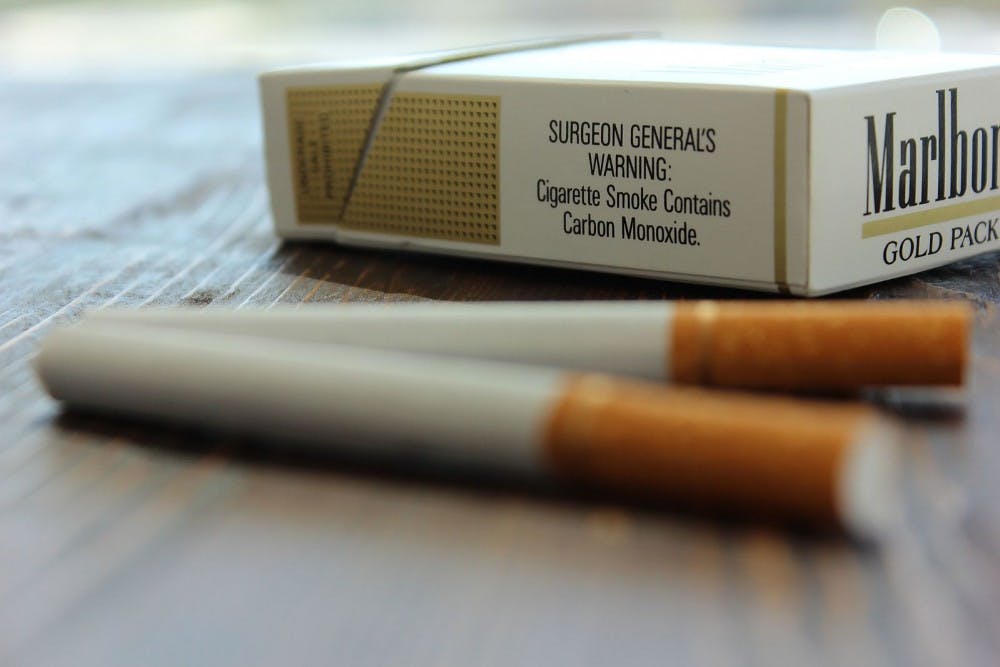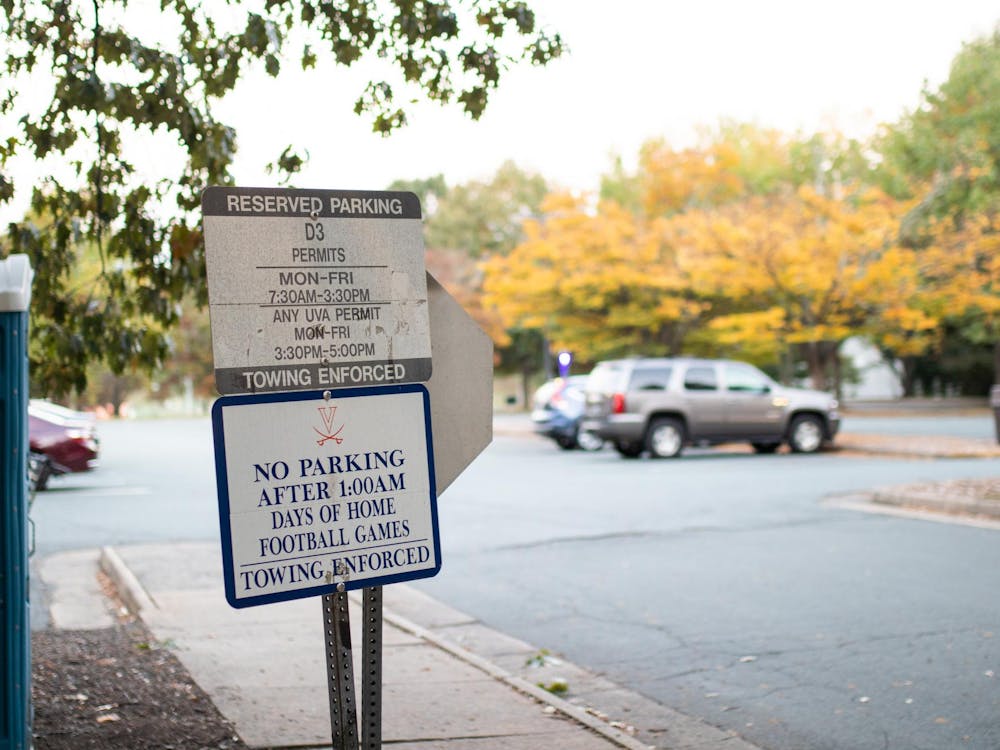Gov. Ralph Northam signed a bill this Thursday changing the legal age to buy all tobacco, nicotine and vaping products in Virginia from 18 to 21, with an exemption for those in active military service. This law makes Virginia the seventh state to raise the legal age to purchase such products in an attempt to curb teenage nicotine/tobacco addiction and abuse. However, attempts by state legislatures to induce responsible behavior by outlawing a practice among this age group creates a culture in which young adults are disrespected by the law and so learn to disrespect it.
The tobacco prohibition is a symptom of a problem plaguing adults between ages 18 and 25 — the stunted, uncertain way in which the United States grants the rights and privileges of adulthood. In 47 states, the legal age at which a citizen becomes an adult in the eyes of the law is 18. At 18, people gain the right to sign legal documents on their own behalf and the ability to enlist in the military. The consistency in this law mirrors the 26th Amendment to the US Constitution, which established 18 as the voting age in 1971. In the 26th Amendment, both Congress and the states expressed their confidence that all Americans age 18 or older are capable of making informed decisions that impact their futures and the futures of others.
Despite this confidence, the actual rights and privileges of adulthood are granted arbitrarily. Though Americans can serve on a jury and in the military at 18, they cannot purchase alcohol, rent a car or check in to certain hotels until they are 21. Considering an 18-year-old can buy a shotgun in most states, but not a beer, many legal age restrictions are not only arbitrary but unfair breaches of the responsibility bestowed by the 26th Amendment. Such restrictions leave 18 to 25 year-olds in a state of legal limbo, where they are expected to act with the full responsibility and culpability of an adult but not allowed to enjoy the privileges accompanying that same status. This is an unfair double standard.
Rather than discouraging the dangerous behavior, this double standard merely teaches young adults disrespect for the law. For example, despite the fact that the legal drinking age is 21, a national survey reported that almost 60 percent of college students ages 18-22 drank alcohol within the last month. Illegal underage drinking is the norm, not the exception, demonstrating the culture of disrespect for the importance and power of the law that exists among young adults. This disrespect extends beyond the actual privilege banned, as in the way underage drinking begets a culture of fake IDs. Fake ID culture normalizes the commission of serious crimes like identity theft and forgery of government identification in pursuit of the commission of a less serious crime, and its prevalence underscores just how little respect young adults have for the law. There is no reason to assume that prohibitions on tobacco purchase for those under 21 would not create the same culture of disrespect. Legislators should not support laws that could reinforce this culture.
The new tobacco prohibition is based in an effort to protect public health, just as the increased legal drinking age was. The minimum legal drinking age was raised to 21 in the 1980s as a good-faith effort by organizations such as Mothers Against Drunk Driving to decrease deaths due to drunk driving and other alcohol-related problems. Though intended to restrict more dangerous privileges to older, more mature adults, such laws place no guarantee that those subject to them will receive better information in the interim. While people continue to mature between ages 18 and 21 and throughout their lives, as a society, we have no compulsory mechanisms in place to ensure that these citizens — who finish public education at 18 — use this time to become better educated about safe use of substances such as tobacco, nicotine and alcohol.
More important to the promotion of public safety is the creation of positive social norms that discourage dangerous practices such as drunk driving and normalize safer practices like designated drivers. While the higher legal drinking age may save lives, some have argued that the legislative agenda of MADD constitutes only a small part of their success. Given that no state-mandated education occurs between ages 18 and 21, public health would be better served if the culture of disrespect for the law were dismantled and rights were granted evenly.
As a society, we should not neuter the meaning of adult responsibility by granting the rights of adulthood at arbitrary times. Though we may find the safety consequences of tobacco usage, drinking and handgun ownership unsavory to consider, we must create a more consistent standard of responsibility for young people by granting all the rights and privileges of adulthood at 18 and forcing them to accept the consequences of their choices. The Virginia legislature’s choices last week are a step backwards from this ideal, and together, we must consider other steps to take to create a uniform legal standard of responsibility.
Katherine Viti is a Viewpoint Writer for The Cavalier Daily. She can be reached at opinion@cavalierdaily.com.







